On the morning of October 22, after working at the Hall, Group 5, including the National Assembly Delegation of Gia Lai province and the National Assembly Delegation of Thai Nguyen province, discussed in groups the draft Law on Civil Aviation of Vietnam (amended) and the draft Law on Public Employees (amended).
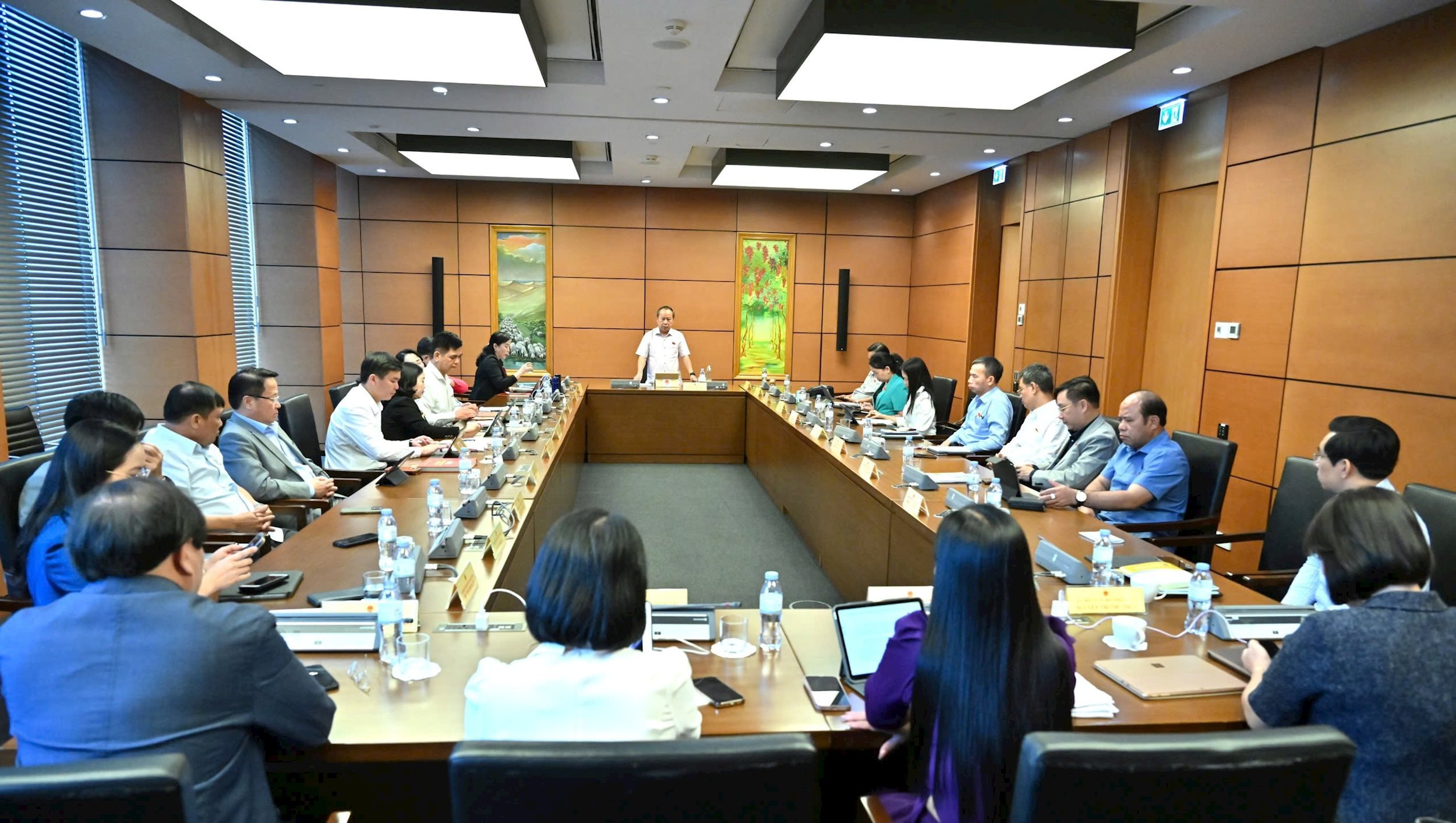
According to National Assembly Deputy Le Hoang Anh (Gia Lai), the draft Law on Civil Servants (amended) has made many advances; there are new points in innovation in management thinking in the direction of linking the rights and obligations of civil servants with job positions, work efficiency, increasing autonomy... Besides, there are still points that need to be further reviewed.
According to delegates, one of the most notable issues of the draft Law on Public Employees (amended) is the mixing of two different management scopes: human resource management - public employees and management of public service organizations - units.
Such a design can lead to expanding the scope of regulation of the draft Law and easily conflict with other laws such as the Law on Government Organization, the Law on State Budget, etc. This risk is reflected in Article 5 which stipulates the policy on developing public service units while the scope of regulation of the draft Law is civil servants.
Therefore, delegate Le Hoang Anh proposed to remove the content on the policy of developing public service units and add transitional provisions.
Specifically, "during the period before the Law on Public Service Units is promulgated, the organization and operation of public service units shall comply with Government regulations and relevant laws; at the same time, in 2026, the Law on Public Service Units must be developed."
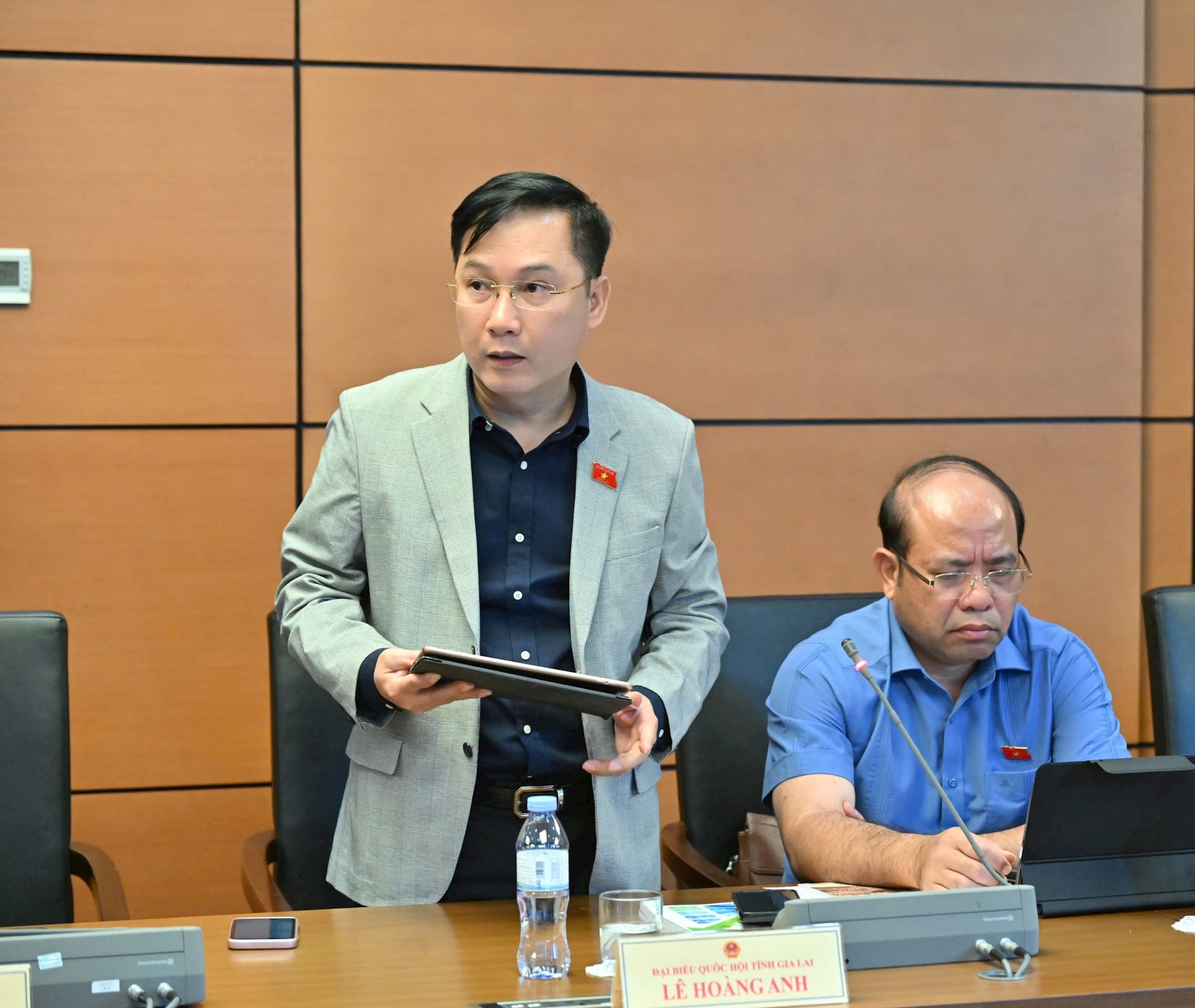
Highly appreciating the draft Law regulating the management of civil servants according to job positions, delegate Le Hoang Anh was concerned about its feasibility.
“The draft Law stipulates that the content of civil servant assessment must be quantified based on criteria linked to task performance results for each job position, but there is no specific guidance on methods for measuring effectiveness.
The draft law also abolishes the professional title classification but does not have a full replacement mechanism. Without a list of standard job positions, the assessment of salary and appointment will lack a practical basis,” said delegate Le Hoang Anh.
According to the delegate, the draft Law retains the professional title mechanism during the transition period and assigns the Government to regulate it. Currently, the Government is developing a list of job positions, and upon completion, the professional title rank of civil servants will be abolished.
Regarding decentralization and autonomy, the draft Law assigns the right to recruit and use civil servants to public service units. To ensure control of power and avoid the risk of "autonomy in form but abuse of power in reality", delegate Le Hoang Anh proposed adding regulations on accountability and supervision in the implementation of autonomy of public service units to design a mechanism for inspection, examination and public reporting.
National Assembly Delegate Ha Sy Huan ( Thai Nguyen ) is interested in Article 30, which stipulates that the competent authority to manage civil servants or the authority delegated to manage civil servants decides to transfer civil servants from one public service unit to another within the scope of management.
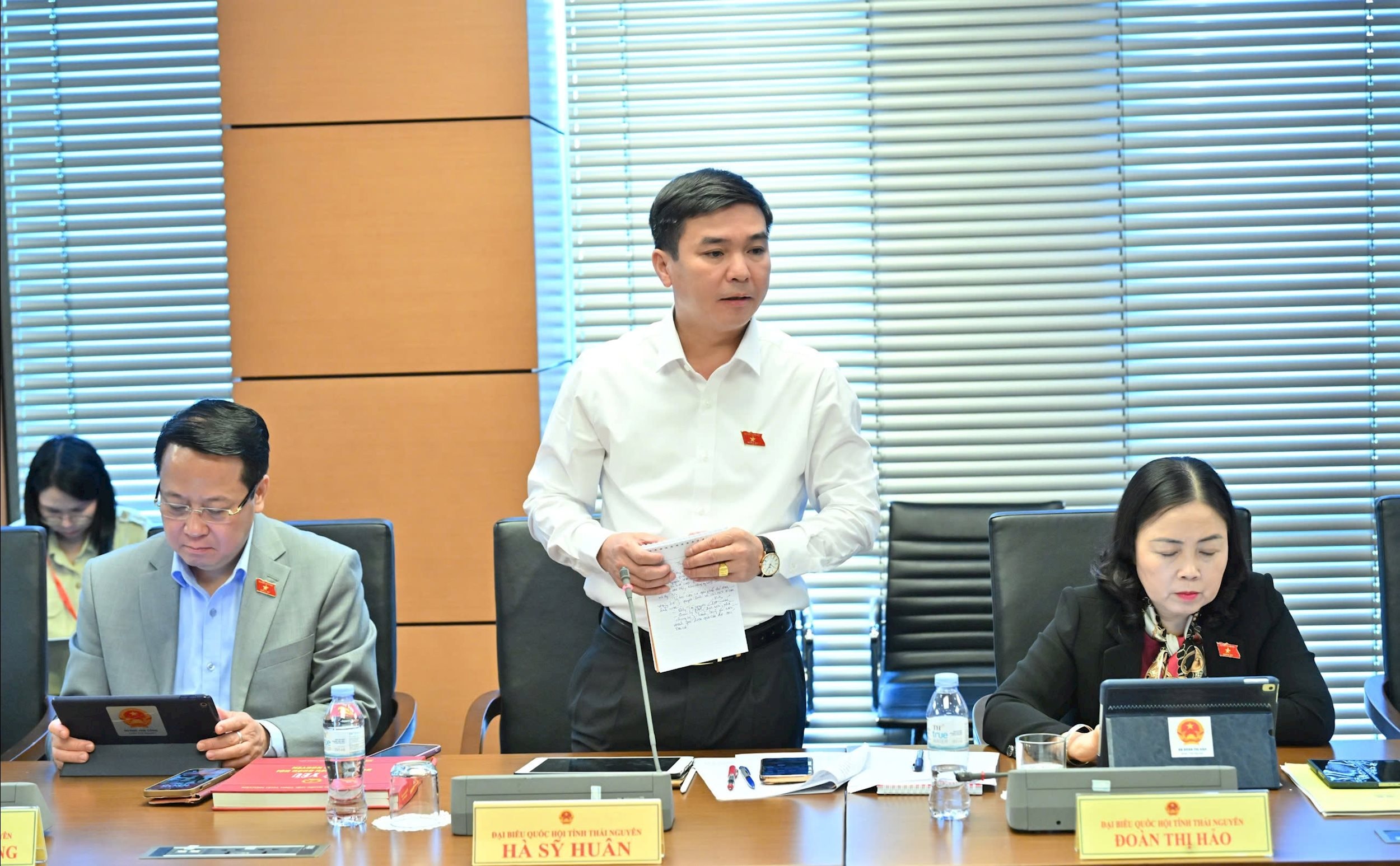
Delegates said that it is necessary to add authority to management agencies to be allowed to transfer or prioritize recruitment of civil servants to public employees, in order to expand the source of quality human resources for the public sector.
In fact, in many localities, some civil servants are lacking recruitment sources, especially in the fields of education, youth unions and some other specialized agencies. Allowing the rotation or selection of civil servants to become civil servants will contribute to supplementing the team of experienced and practical-savvy cadres, improving the efficiency of operations at the grassroots level.
Regarding the recruitment of civil servants, Clause 5, Article 16 of the draft Law stipulates priority in recruitment for people with revolutionary contributions, ethnic minorities, officers, demobilized professional soldiers and other policy subjects. Delegate Ha Sy Huan proposed adding the phrase “relatives of people with revolutionary contributions” to ensure accuracy, completeness and clarity.
Previously, presenting the report on examining the draft Law on Civil Servants (amended), Chairman of the Law and Justice Committee Hoang Thanh Tung said that many opinions in the Committee agreed to continue to regulate the policy on developing public service units (Article 5 of the draft).
Delegates said that this is a content inherited from the current Law on Civil Servants, and at the same time is the legal basis for the Government to issue a decree on the organization and operation of public service units. If this provision is removed from the law when there is not yet a general law regulating public service units, it will create a legal gap, causing difficulties in managing and operating the system.
However, some other opinions suggest that this content should not be regulated in the Law on Public Employees, because this law should only focus on regulating social relations directly related to public employees, while the organization and workplace of public employees should be regulated in a separate legal document on public service units.
Delegates also cited Conclusion No. 62-KL/TW dated October 2, 2023 of the Politburo and Resolution on thematic supervision in 2024 of the Standing Committee of the National Assembly, in which they proposed that the Government study and develop a general law regulating both public and non-public service units, in order to unify and synchronize the legal system in this field.
Source: https://daibieunhandan.vn/co-nen-quy-dinh-chinh-sach-phat-trien-don-vi-su-nghiep-cong-lap-trong-luat-vien-chuc-10392369.html






![[Photo] Urgently help people soon have a place to live and stabilize their lives](/_next/image?url=https%3A%2F%2Fvphoto.vietnam.vn%2Fthumb%2F1200x675%2Fvietnam%2Fresource%2FIMAGE%2F2025%2F12%2F09%2F1765248230297_c-jpg.webp&w=3840&q=75)
![[Photo] General Secretary To Lam works with the Standing Committees of the 14th Party Congress Subcommittees](/_next/image?url=https%3A%2F%2Fvphoto.vietnam.vn%2Fthumb%2F1200x675%2Fvietnam%2Fresource%2FIMAGE%2F2025%2F12%2F09%2F1765253019536_a1-bnd-0983-4829-jpg.webp&w=3840&q=75)
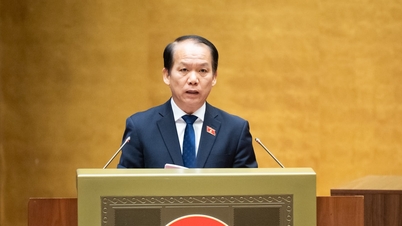
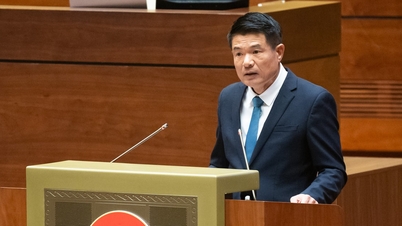
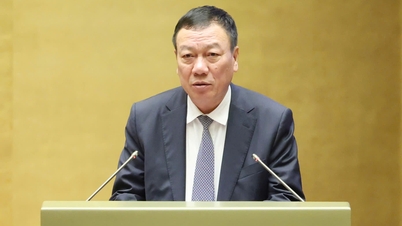

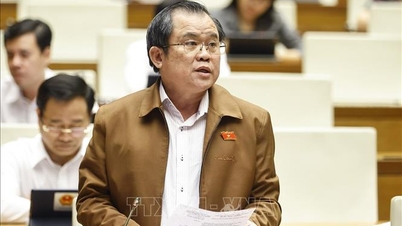

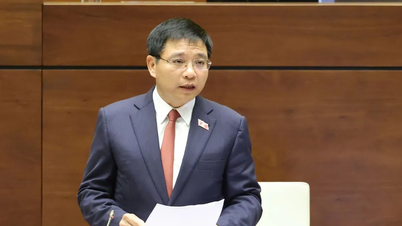

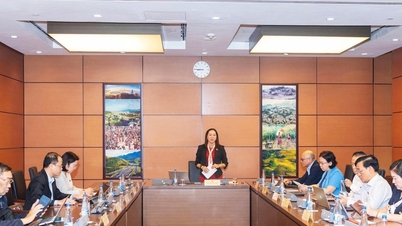
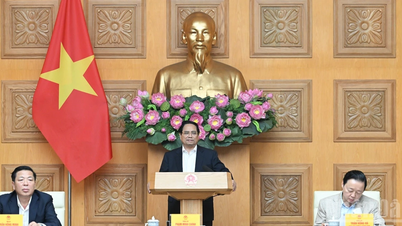

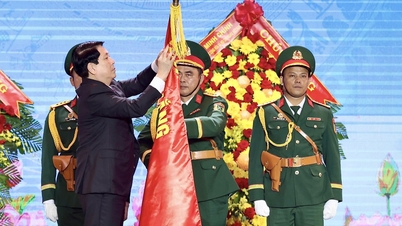

![[Video] Increasing the effectiveness of prosecution and supervision, limiting wrongful convictions in judicial activities](https://vphoto.vietnam.vn/thumb/402x226/vietnam/resource/IMAGE/2025/12/09/1765259014158_3-7251-png.webp)
![[Video] Strengthening the fight against corruption and waste in the new context](https://vphoto.vietnam.vn/thumb/402x226/vietnam/resource/IMAGE/2025/12/09/1765258724662_2-8580-png.webp)
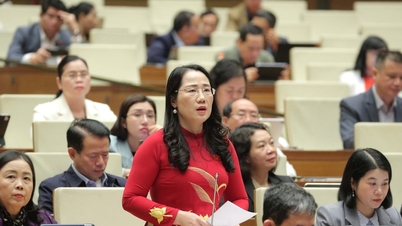
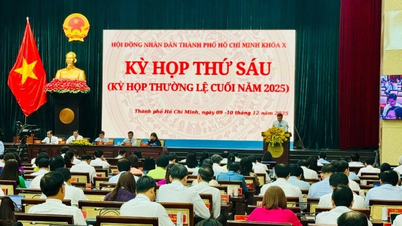






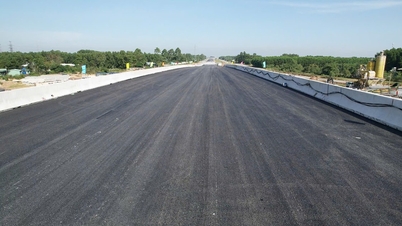
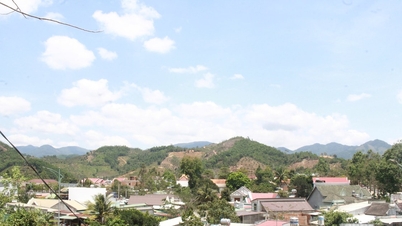
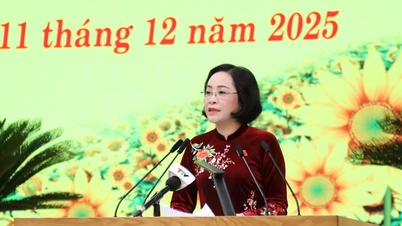
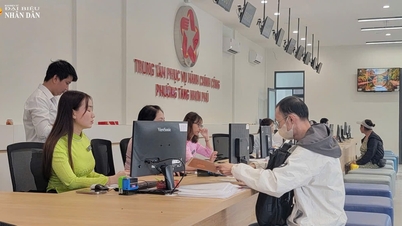



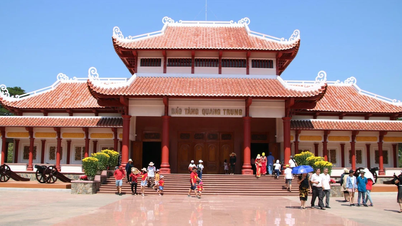


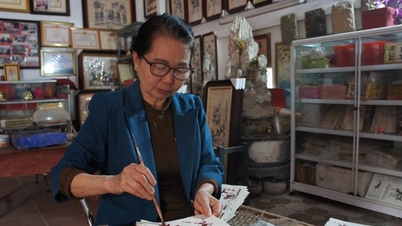

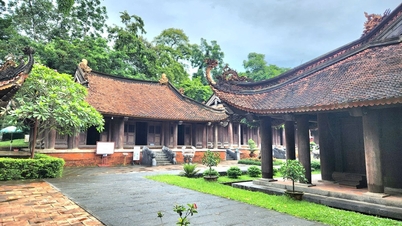





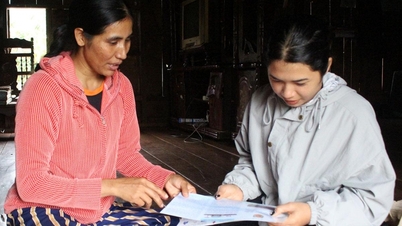

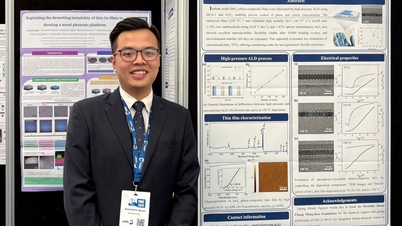







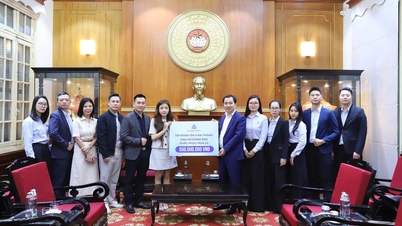




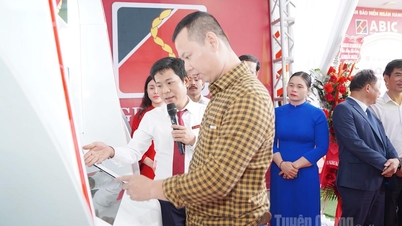

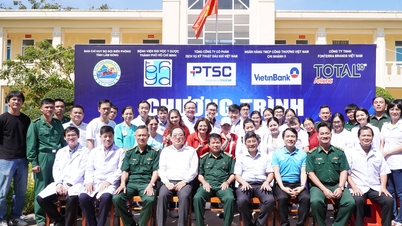






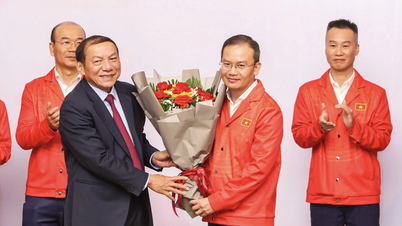


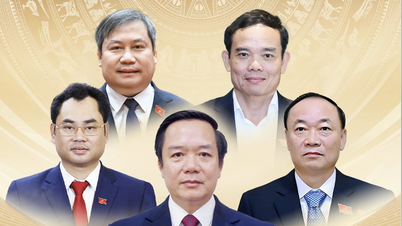



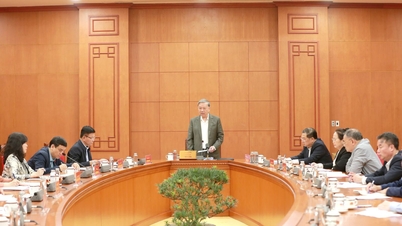

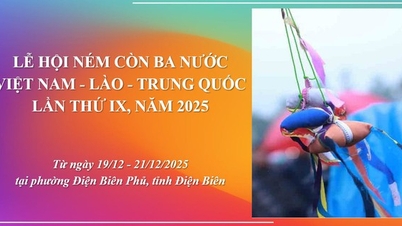




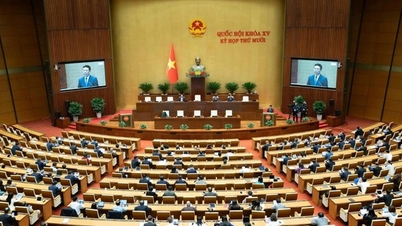



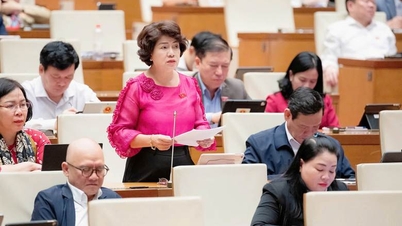



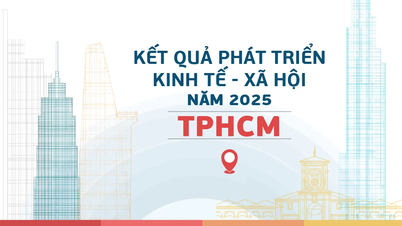


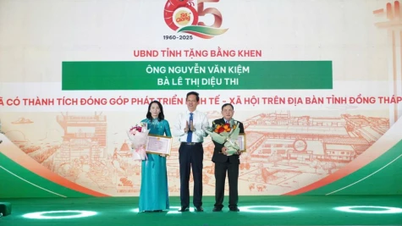



















Comment (0)